Car rental costs in the United States vary widely depending on factors such as the type of car, the rental company, the location, the duration of the rental, and the time of year. Expect to pay anywhere from $30 to $100 daily for a basic economy car. However, this can increase significantly for luxury or specialty vehicles.
Additional costs include insurance, taxes, fees, and optional add-ons such as GPS systems or child seats. It’s important to shop around and compare prices from different rental companies to find the best deal for your needs. Remember that prices can change frequently, so booking in advance is a good idea to lock in the best rate.

Daily, Weekly, & Monthly Car Rentals – Major Car Categories
SUV
- Daily: $60-$120
- Weekly: $350-$700
- Monthly: $1,200-$2,500

Hatchback
- Daily: $30-$60
- Weekly: $180-$350
- Monthly: $700-$1,200
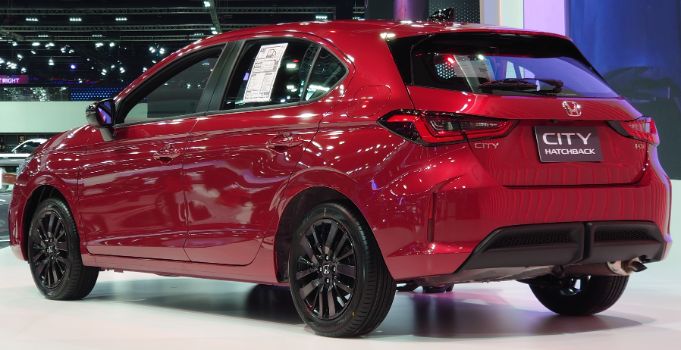
Crossover
- Daily: $50-$100
- Weekly: $300-$600
- Monthly: $1,100-$2,000

Convertible
- Daily: $70-$150
- Weekly: $400-$800
- Monthly: $1,500-$2,800

Sedan
- Daily: $40-$80
- Weekly: $200-$450
- Monthly: $800-$1,500
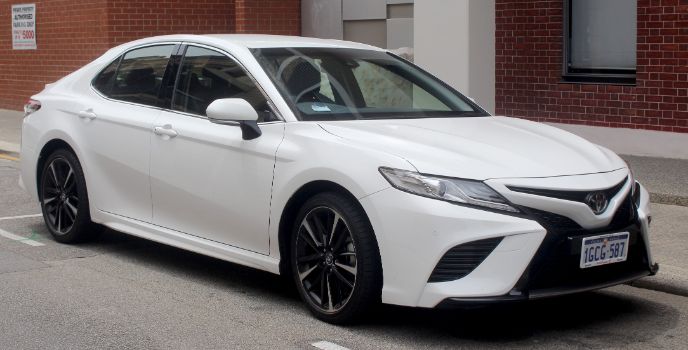
Sports Car
- Daily: $90-$200
- Weekly: $500-$1,200
- Monthly: $1,800-$4,000

Coupe
- Daily: $60-$120
- Weekly: $350-$700
- Monthly: $1,200-$2,500

Minivan
- Daily: $50-$100
- Weekly: $300-$600
- Monthly: $1,100-$2,200
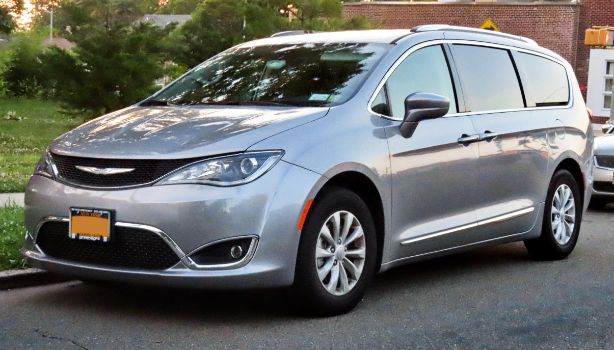
Station Wagon
- Daily: $40-$80
- Weekly: $250-$450
- Monthly: $900-$1,600
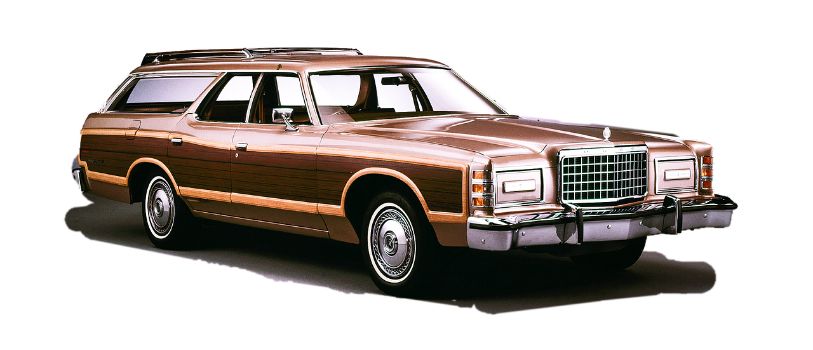
Pickup Truck
- Daily: $50-$100
- Weekly: $300-$600
- Monthly: $1,100-$2,200

Electric
- Daily: $40-$100
- Weekly: $250-$600
- Monthly: $900-$2,100

Super Car
- Daily: $300-$2,000
- Weekly: $1,800-$10,000
- Monthly: $6,000-$30,000

Luxury Vehicles
- Daily: $100-$300
- Weekly: $600-$1,800
- Monthly: $2,000-$6,000
Remember that these are average prices; actual rental costs may vary depending on location, rental company, and time of year. Shopping around and comparing prices is important to find the best deal for your needs.

Factors that Impact Rental Car Costs
Car Type
The type of car you choose to rent has a significant impact on the cost of your rental. Generally, smaller and more fuel-efficient cars like the economy and compact models are the least expensive to rent. Standard cars offer more space and comfort but come at a higher price. Sports and luxury vehicles usually have the highest rental rates due to their higher market value, performance, and desirability.
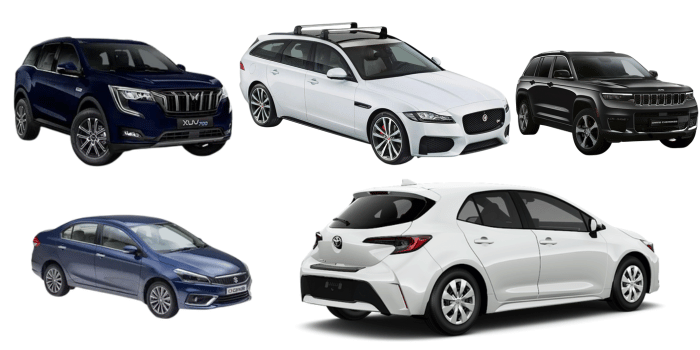
Location
Depending on local taxes, fees, and supply and demand, rental costs can vary by location. Here are approximate average daily rental costs in some well-known US states:
- California: $40-$70
- New York: $50-$100
- Florida: $35-$60
- Texas: $35-$60
- Illinois: $40-$70
- Pennsylvania: $35-$65
- Ohio: $35-$60
- Michigan: $40-$70
- Georgia: $35-$60
- North Carolina: $35-$60
- Massachusetts: $40-$80
- Colorado: $40-$70
Please note that these are approximate figures, and actual costs may vary depending on the specific city and time of year.
Renter’s age
Young drivers, typically under 25, are often charged higher rental rates due to a statistically higher risk of accidents and reckless driving. Rental companies may apply a “young driver fee” or “underage surcharge” to account for this increased risk. This fee can range from $10 to $30 or more per day, depending on the rental company and location. Some companies may also have stricter requirements or restrictions on renting certain vehicle classes (e.g., sports or luxury cars) to younger drivers.
Tips to Get the Best Car Rental Deal
- Compare rental companies: Research prices from different car rental companies, including major brands and local agencies. Online comparison tools can help you find the best rates and promotions.
- Book in advance: Reserve your car rental well ahead of your travel dates, as prices increase closer to the rental date. Early bookings often have better deals and more availability.
- Choose the right car size: Select a car that suits your needs and budget. Smaller, economy cars are generally more affordable, while larger or luxury vehicles will be more expensive.
- Use discounts and loyalty programs: Take advantage of discounts your membership offers in organizations like AAA or AARP. Sign up for rental company loyalty programs for additional perks and savings.
- Avoid unnecessary add-ons: Skip optional extras like GPS, child seats, or additional insurance if you don’t need them or can provide your own to save on rental costs.
- Be flexible with location and timing: Airport locations often have higher rental rates due to added fees. Consider renting from an off-airport location, and if possible, adjust your travel dates to avoid peak seasons or weekends when demand is higher, and prices are steeper.

What are the Hidden and Additional costs while renting a Car?
When renting a car, it’s essential to be aware of hidden and additional costs that may not be included in the advertised base rate. These costs can significantly increase the overall price of your rental. Some common hidden and additional costs include:
Insurance
Rental companies often offer various types of insurance, such as Collision Damage Waiver (CDW), Loss Damage Waiver (LDW), and Supplemental Liability Insurance (SLI). These can add anywhere from $10 to $30 or more daily to your rental costs. Check if your personal auto insurance or credit card provides coverage for rental cars to avoid purchasing unnecessary insurance.

Taxes and fees
State and local taxes, airport fees, and other surcharges may be added to your rental costs. These can vary depending on the location and add up to 10-30% or more to your total bill.

Fuel charges
Some rental companies charge a refueling fee if you return the car with less fuel than when you picked it up. To avoid this, fill the tank before returning the car, or opt for a prepaid fuel plan if it’s more convenient and cost-effective.
Mileage fees
Some rental agreements may include a limited number of miles per day, with extra charges for additional miles driven. Check the mileage policy and estimate your travel distance to avoid unexpected fees.
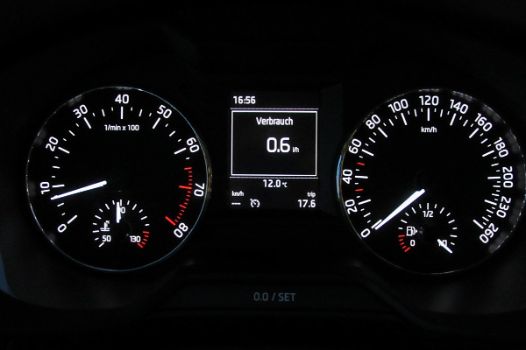
Young or additional driver fees
Renters under a certain age (usually 25) or additional drivers may incur extra charges, typically ranging from $10 to $30 per day.
One-way rental fees
If you plan to drop off the car at a different location from where you picked it up, you may be charged a one-way rental fee. These fees vary widely depending on the rental company and the distance between locations.

Optional equipment
GPS systems, child safety seats, ski racks, and other add-ons may come with additional fees, typically ranging from $5 to $15 per day.

Late or early return fees
Returning the car late may result in additional charges or even an extra day’s rental cost. Some companies may also charge a fee for returning the car earlier than expected.
Roadside assistance
Some rental companies charge extra for roadside assistance services, ranging from $5 to $10 daily.
To avoid surprises, read the rental agreement carefully and ask questions about any fees or charges you don’t understand. Compare rental quotes from different companies, including taxes and fees, to find the best deal for your needs.

Frequently Asked Questions
Can I pay Car Rental via Credit Card?
Yes, most car rental companies accept credit cards as payment. They often require a credit card to secure the reservation and may place a temporary hold on the card to cover potential damages or additional charges.
Some companies may also accept debit cards but may have stricter requirements or additional fees. It’s essential to check the specific payment policies of the rental company before booking.
Does Personal Auto Insurance cover your Rental Car?
In many cases, your auto insurance policy may extend coverage to rental cars. The coverage typically includes liability protection and may also cover collision and comprehensive coverage, depending on your policy.
However, it’s essential to review your insurance policy or contact your insurer to confirm the extent of the coverage and any limitations. If your auto insurance does not provide adequate coverage, you may need to purchase additional insurance from the rental company or a third-party provider.
Can I Rent a Car without Driver’s License?
No, a valid driver’s license is required to rent a car. Rental companies will ask to see your driver’s license at the time of rental to verify your identity and ensure that you meet their driving requirements. If you do not have a valid driver’s license, you cannot rent a car.
If traveling internationally, you may also need an International Driving Permit (IDP) and your home country’s driver’s license, depending on the rental company’s policies and the country you’re visiting.